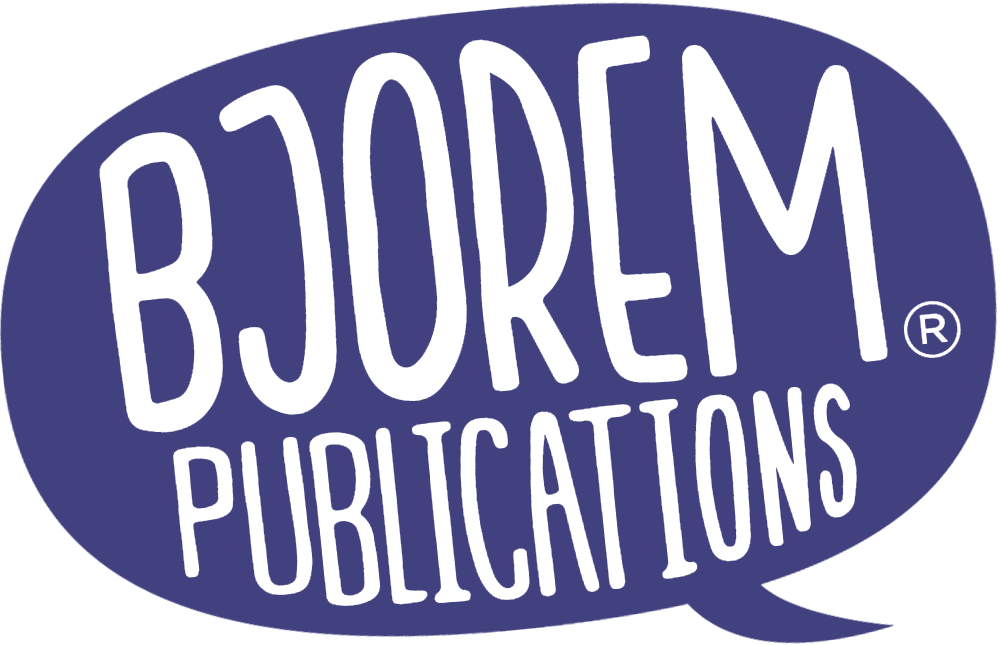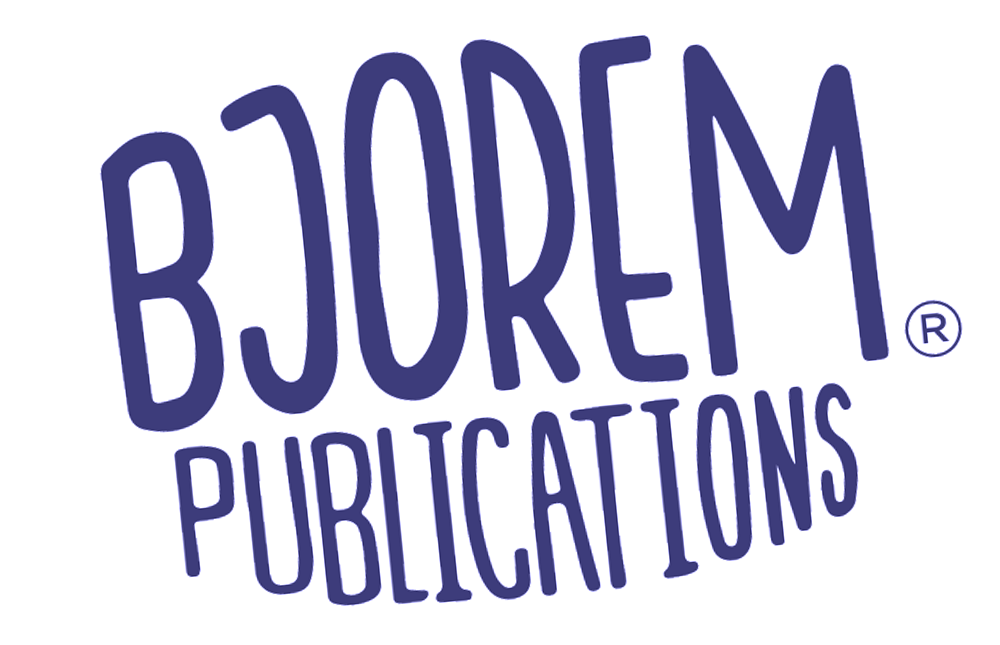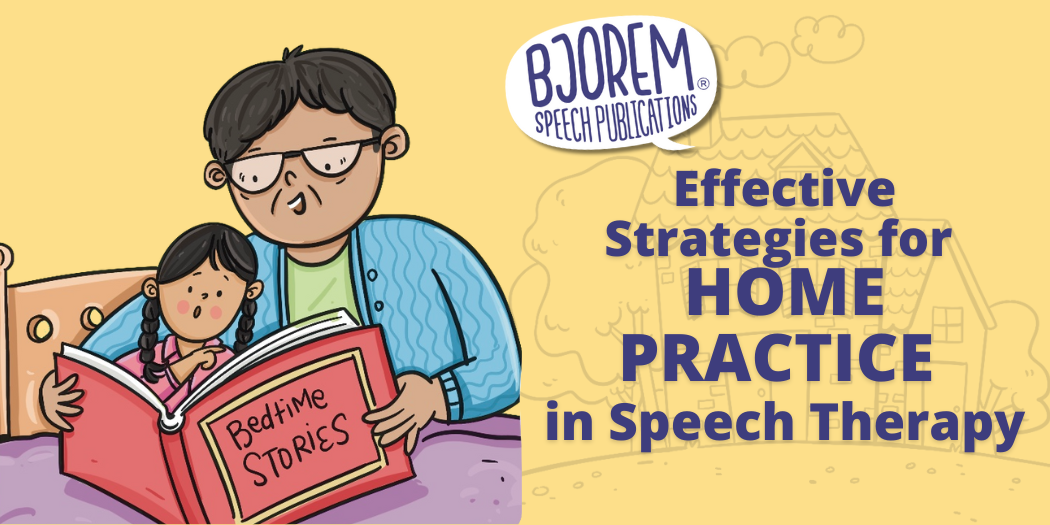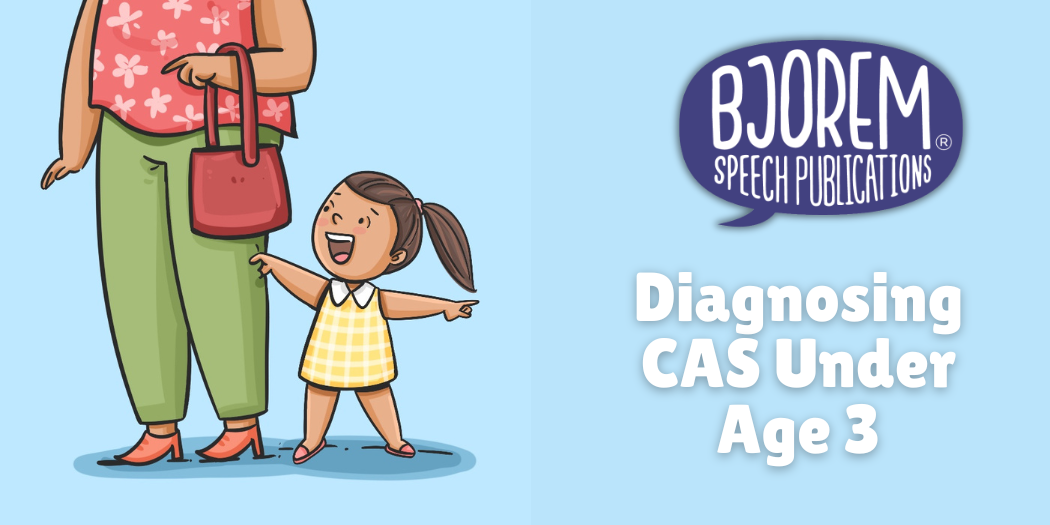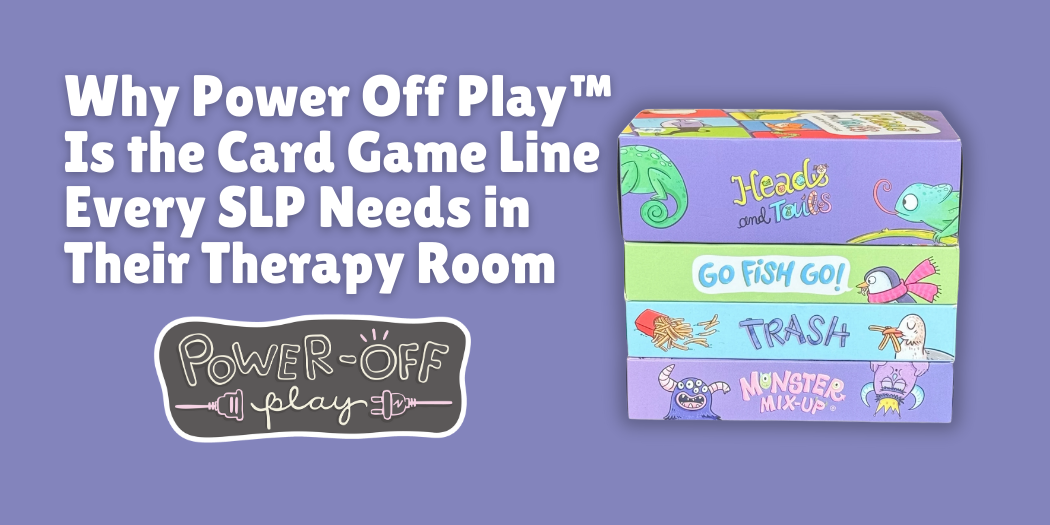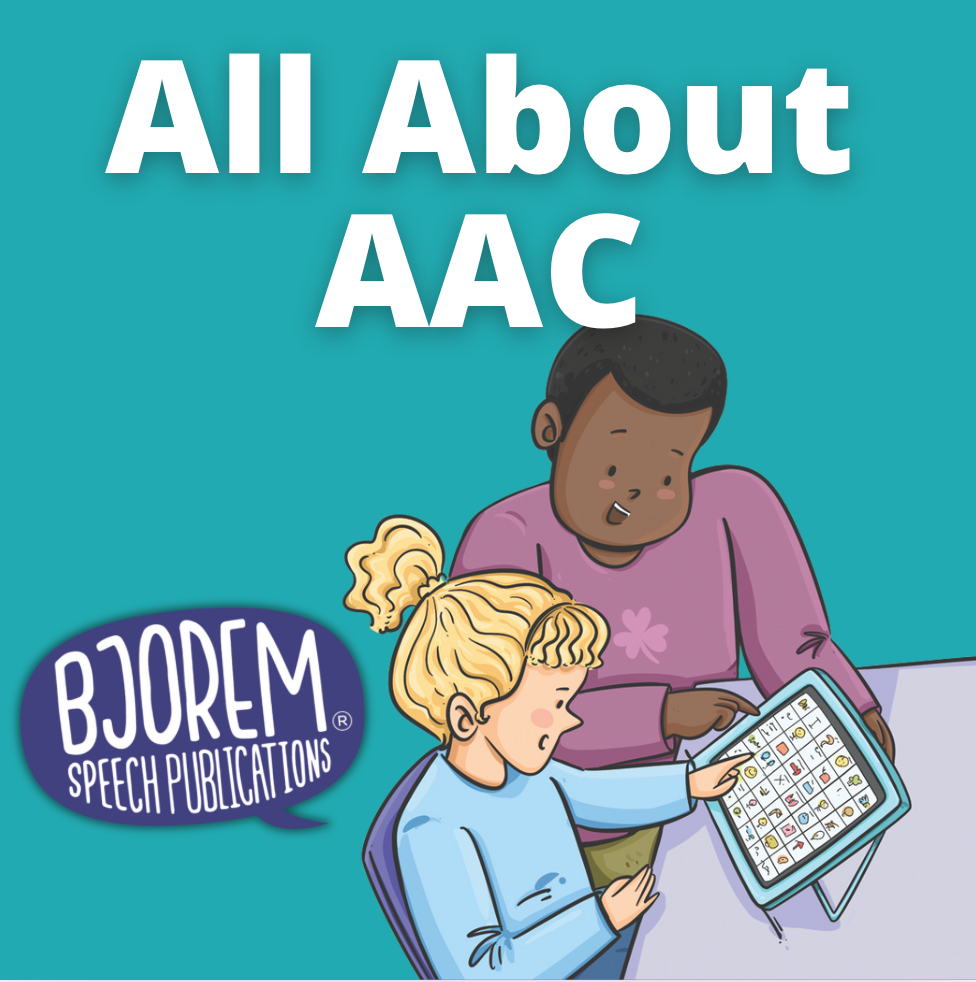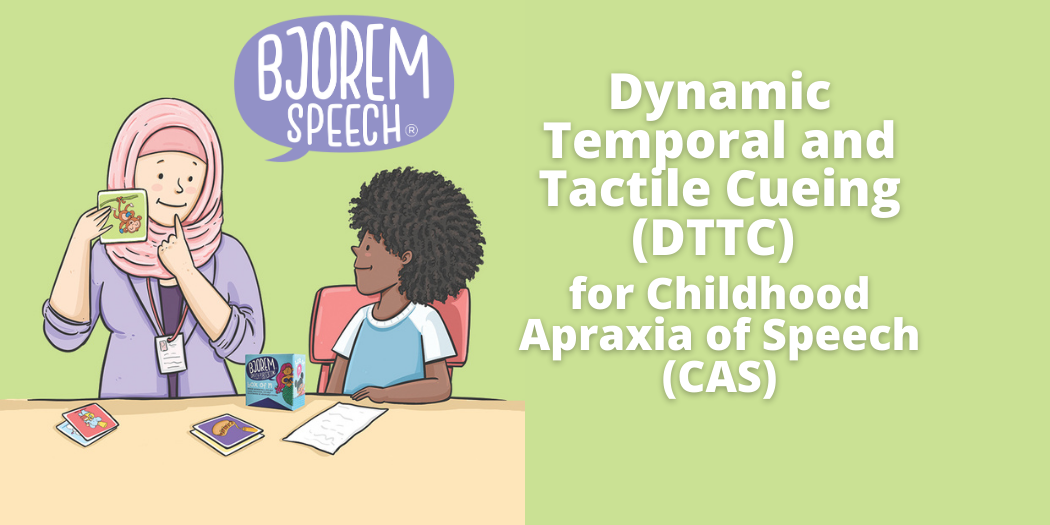Speech therapy extends beyond the confines of the clinic, with home practice playing a crucial role in reinforcing new skills and accelerating progress. Engaging children in speech therapy activities at home can be challenging but immensely rewarding. This blog post explores practical strategies for parents and caregivers to support their child's speech therapy goals at home, using insights and recommendations that align with Bjorem Speech®'s passion for FUNctional therapy.
1. Establish a Routine: Consistency is key in speech therapy practice. Designate a specific time each day for speech activities, making it a predictable part of your child's routine. Whether it's after breakfast, in the car, in the kitchen while they're waiting for dinner, in front of the mirror after brushing teeth, or before bedtime, find a time that works for your family and stick to it. This consistency helps children feel secure and enhances their learning.
2. Integrate Practice into Daily Activities: Speech therapy doesn't have to be a separate part of the day. Integrate practice into everyday activities. For example, while commuting to various activities, play "I Spy" to find objects in the environment that has the child's target word in it and practice the words you see. While dressing, incorporate clothing items or actions. This contextual learning helps children apply their skills in real-life situations. Functional and meaningful target words can be found all over.
3. Use Bjorem Speech® Tools as a Guide: Bjorem Speech® offers a variety of tools designed to make speech practice engaging and effective. Use Speech Sound Cues during reading time to highlight specific sounds in stories. Use the Box of Sounds decks to create a story with the child's target words.
4. Celebrate Successes, No Matter How Small: Positive reinforcement motivates children and boosts their confidence. Celebrate every success, no matter how small. Whether it's a correctly pronounced sound, listening skills, reading or spelling improvements, etc., acknowledging these achievements encourages continued effort and progress. Let them know that their hard work is being noticed and is making a difference in their communication and literacy skills.
5. Keep Activities Short and Sweet: Children's attention spans can be short, so keep speech practice activities brief and engaging. A few minutes of focused practice can be more effective than longer sessions that lead to frustration or disinterest. Utilize Bjorem Speech®'s engaging tools to keep activities fun and to the point. Check out this group of downloadable activities.
6. Use Your Child's Interests: Try to find ways to practice your child's speech therapy goals while playing or engaging in their favorite activities at home. This can include drawing their speech words that were given for homework, practicing the names of their favorite action figures if they have their speech sound in it, noticing when words come up during play that have their sound in it, working on language skills such as sentence structure, following directions, identifying and labeling, action words, verb tense etc. during play with their favorite toys, while watching their favorite shows, or while creating obstacle courses or playing on the playground. Your child's speech therapist can help you come up with ways in incorporate their goals into play at home.
7. Collaborate with Your Child's Speech Therapist: Stay in close communication with your child's speech therapist. They can provide specific activities, strategies, and advice tailored to your child's needs. Sharing insights about what works at home and what your child enjoys in their everyday life can also help the therapist adjust therapy goals and approaches.
Home practice is a vital component of speech therapy, offering children the opportunity to practice new skills in a comfortable and supportive environment. By incorporating these strategies, parents and caregivers can play an active role in their child's speech development. Remember, the goal is progress, not perfection. Celebrate the journey, and use the resources available through Bjorem Speech® to make home practice a rewarding experience for the whole family.
